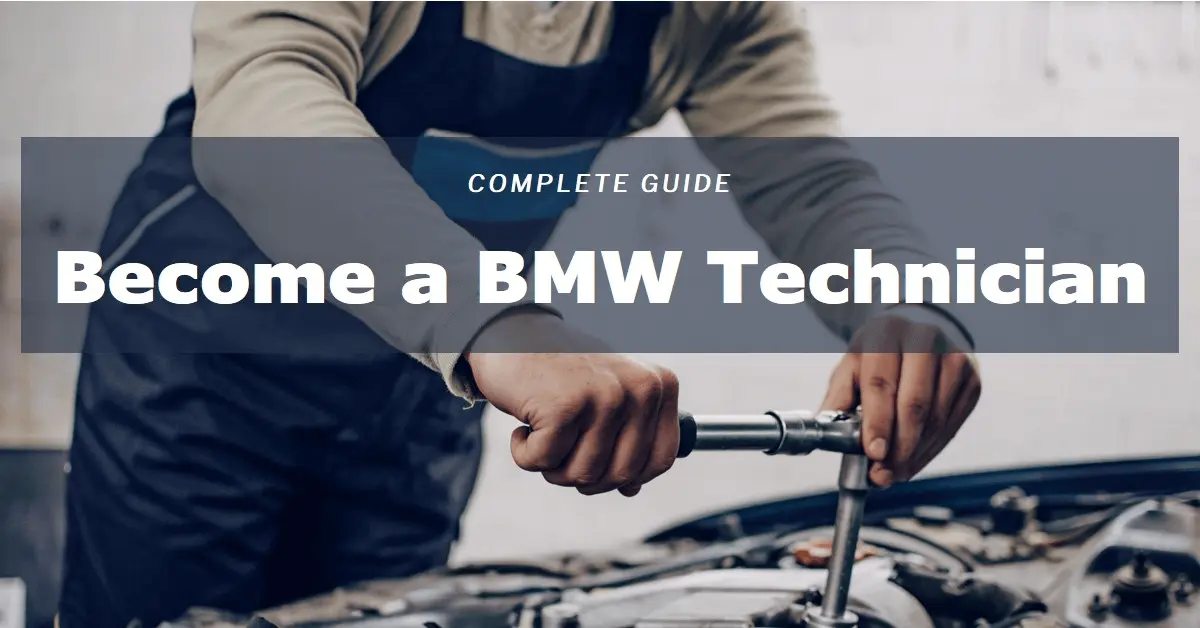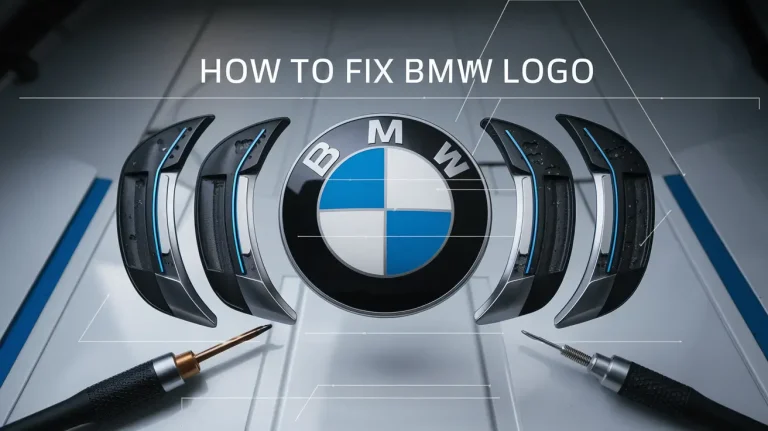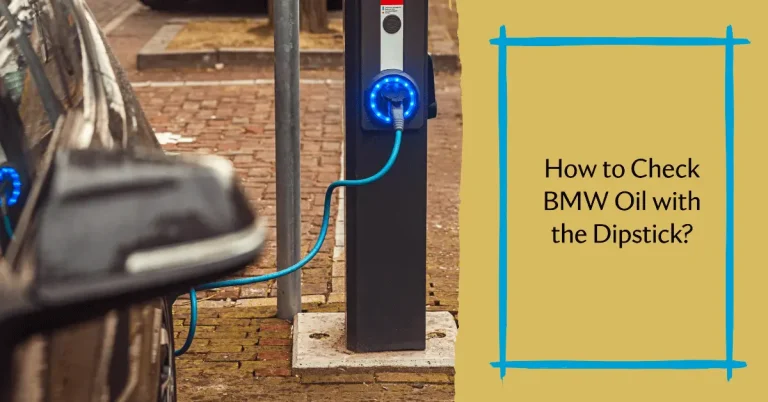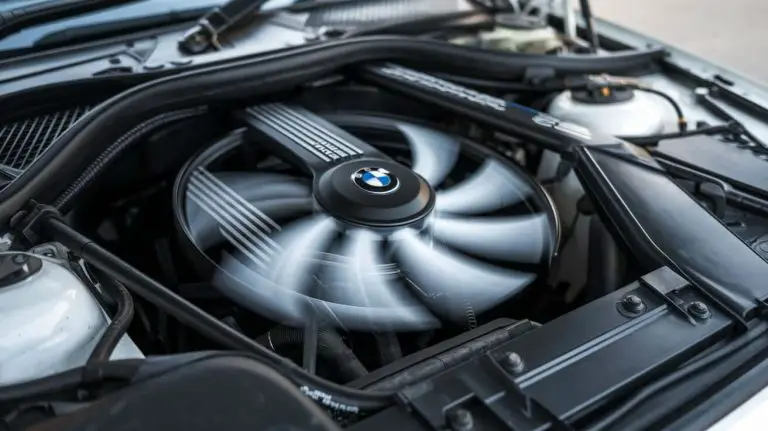How to Become a BMW Technician: A Complete Guide
Do you love working on cars and have a passion for BMW vehicles? If so, a career as a BMW technician may be perfect for you. BMW technicians inspect, maintain, and repair the intricate BMW systems and components. They get to problem solve complex issues and ensure these ultimate driving machines continue running in peak form.
Becoming a certified BMW technician allows you to turn your automotive passion into a skilled trade career. BMW technicians earn competitive salaries while getting extensive on-the-job training. However, it does take dedication and perseverance to break into this specialized trade.
This complete guide explains all the steps for becoming a BMW technician. We cover the BMW training programs, experience requirements, certifications, job duties, and career outlook so you can get on the road to your dream job maintaining some of the world’s finest automobiles.
Education Requirements to Become a BMW Tech
There are several education and training pathways that can start you down the road to becoming a BMW technician. While some dealerships hire technicians with only a high school diploma, post-secondary automotive trade school greatly increases your chances and accelerates the process.
High School Courses to Take
Even in high school, make sure to take courses like auto shop, physics, computer science, and mathematics. These provide foundational knowledge for working hands-on with BMW systems. Hands-on experience working on your own or others’ vehicles is also extremely valuable experience.
Enroll in Trade School or Community College
To become a competitive candidate for BMW technician roles, complete a 1-2 year automotive technology program. There are certificate and associate’s degree options at career and technical colleges or community colleges. BMW also offers paid manufacturer-specific training programs for those coming right out of trade school (more details below).
Some top schools for aspiring BMW techs include:
- Wyoming Technical Institute (Laramie, WY)
- Lincoln Tech (various locations)
- Universal Technical Institute (various locations)
Key areas of study should include:
- Engine repair
- Manual and automatic transmissions
- Electrical systems
- Brakes and steering
- Heating/air conditioning
- Suspension and alignment
- Computer diagnostics
Achieving a high GPA and cultivating relationships with instructors can help secure recommendation letters and internship opportunities.
Attend BMW Specialized Training
Once you have a strong baseline automotive education, BMW’s rigorous technician training programs take your skills to the next level. These cover the intricate BMW systems and repair procedures in detail over 12-16 weeks.
The flagship program is the BMW STEP (Service Technician Education Program). This paid 16-week program has a competitive admissions process requiring a minimum 3.0 GPA and clean driving record.
Other BMW options are the 12-week FastTrack program or MSAT (Manufacturer-Specific Advanced Training).
These intensive classes prepare you to apply knowledge immediately at BMW dealership jobs. BMW training center locations include New Jersey, Ohio, Florida, Arizona, and California.
Getting ASE Master Certified
While not required, getting certified by the National Institute for Automotive Service Excellence (ASE) boosts your credibility and career advancement prospects.
Begin by passing the ASE Auto Maintenance and Light Repair Certification (Test G1). From there, master BMW technicians recommend achieving ASE certifications in:
- Automobile & Light Truck Certification (Test A1 through A9)
- Automobile Service Consultant (Test C1)
- Auto Maintenance & Light Repair Certification (Test G1)
Sit for these exams after gaining some hands-on experience so you can apply your knowledge. ASE certification signals to employers your dedication to expanding BMW repair skills and expertise.
Getting Hands-On Experience
While BMW specialized training sets you up for success, real-world experience working on BMWs and other vehicle makes exponentially grows abilities.
Build Foundational Skills as Entry-Level Technician
Look for part-time or full-time work at independent auto repair shops, dealership service departments, or national chains like Firestone. Rotating through different repair roles exposes you to wide-ranging issues and service procedures.
Even doing oil changes, tire rotations, brake pad replacements hones foundational competencies. Observe senior technicians diagnosing issues for tips and tricks you won’t find in any classroom.
Complete an Internship or Apprenticeship
More in-depth exposure comes through formal apprenticeships and competitive internships. These extended programs partner you with a master technician who oversees your development.
Apprenticeships through tech schools or community colleges can be completed for course credit. Hands-on repetitions cement knowledge retention, especially for intricate tasks like transmission rebuilds or engine diagnostics.
Dealership and private shop internships may be paid or unpaid but offer inside perspectives of service operations. Use these opportunities to strengthen your public interaction abilities, inventory management skills, and computer-based diagnostics techniques.
Soft Skills & Attributes for Excelling as a BMW Tech
While mechanical aptitude is essential, BMW master technicians emphasize certain soft skills and personality traits set the true professionals apart:
Effective Communicator
Interact courteously and tactfully with service advisors, customers, and team members. Clearly explain repair recommendations, justify parts costs, outline maintenance procedures, and interpret diagnostic findings.
Tenacious Troubleshooter
Methodically track down elusive electrical gremlins, suspension vibrations, evaporative emissions leaks, and drivability issues. Pour over repair manuals, access online forums, and leverage OEM tooling to isolate root causes.
Adaptability & Continual Learning
Service needs evolve with new BMW technologies like hybrid drives, advanced driver assistance systems, and app integrations. Voraciously self-educate through online training, seminars, and trade publications.
Personal Responsibility
Adhere stringently to safety rules in chaotic shop environments. Work neatly and keep sockets, lifts, scan tools, and other equipment orderly so colleagues can easily access shared resources.
Bottom line – gradually build proficiencies across makes/models while adopting best practices from senior technicians.
Job Outlook and Salary Information
The number of BMW technician job openings is projected to grow 6% from 2020 to 2030, on pace with average occupational growth.
Expanding adoption of hybrid vehicles, ADAS technologies, and vehicle connectivity spurs demand for specialized expertise only master technicians possess.
Median Pay for Automotive Service Technicians and Mechanics Nationally:
- Entry-level: $23,600 per year
- Median: $43,680 per year
- Top 10%: $71,120+ per year
Given the premium nature of the brand, BMW technicians can expect higher earnings potentials on average, especially in metropolitan areas and for those with seniority + ASE Master Certifications.
- Associate BMW Techs: $35,000 – $45,000
- Member BMW Techs: $45,000 – $60,000
- Master BMW Techs: $60,000 – $100,000+
Bonuses like tool stipends and factory incentives can add thousands for top performers. Take advantage of employer-sponsored retirement matching, health benefits, and tuition reimbursement programs as well.
Applying for BMW Technician Opportunities
As you build skills through classes, apprenticeships, and repair shop stints prepare for the BMW job application process.
Polish up your resume highlighting all relevant BMW coursework, ASE certifications, diagnostics capabilities, and workshop competencies mastered. Quantify achievements like “Diagnosed check engine light issues with 95% accuracy.”
Assemble a portfolio conveying capabilities beyond what’s on paper:
- Photos documenting participation in BMW events or automotive competitions
- Certificates of achievement
- Sample diagnostic reports
- Videos of mechanical repair walkthroughs
- Letters of recommendation
When interview time comes, convey your passions for the BMW brand along with transferable abilities. Prepare BMW-specific questions that show initiative like “How are the latest BMW technologies like master cylinders and xDrive systems serviced?”
Expanding Your Knowledge and Advancing Your Career
The learning never stops for aspiring BMW master technicians. Expect to attend regular factory retraining on new model service procedures, parts replacement protocols, and computer refreshers.
Progress from Associate up the seniority ranks through rigorous Level 1 and Level 2 testing. Troubleshoot unfamiliar problems under simulated shop conditions covering:
- Gasoline engine repair
- Chassis and suspension
- Drive train maintenance
- On-board diagnostics
- Hybrid/electric vehicles
Continue expanding expertise across minor and major repair domains such as brake bleeding, oxygen sensor replacements, cylinder head reconditioning, and vanos solenoid repairs.
Document over 100,000 hours of hands-on experience with corresponding ASE Master Certifications to join the ranks of M-level Master Elite status.
Conclusion: Rewarding Career Maintaining BMW Masterpieces
If you are motivated by complex challenges, love learning, and have unwavering persistence, pivot into an automotive career maintaining BMWs. While the road has its share of twists and turns, realize the dream of becoming a BMW technician by:
- Graduating trade school
- Completing intensive BMW manufacturer training
- Gaining hands-on experience across repair domains
- Achieving ASE Master Certification
- Continually expanding capabilities
Turn dedication into a profession that unlocks independence, job security, and financial stability. Apply adept troubleshooting abilities and artful mechanical competencies keeping the Ultimate Driving Machines always running beyond factory specifications.






